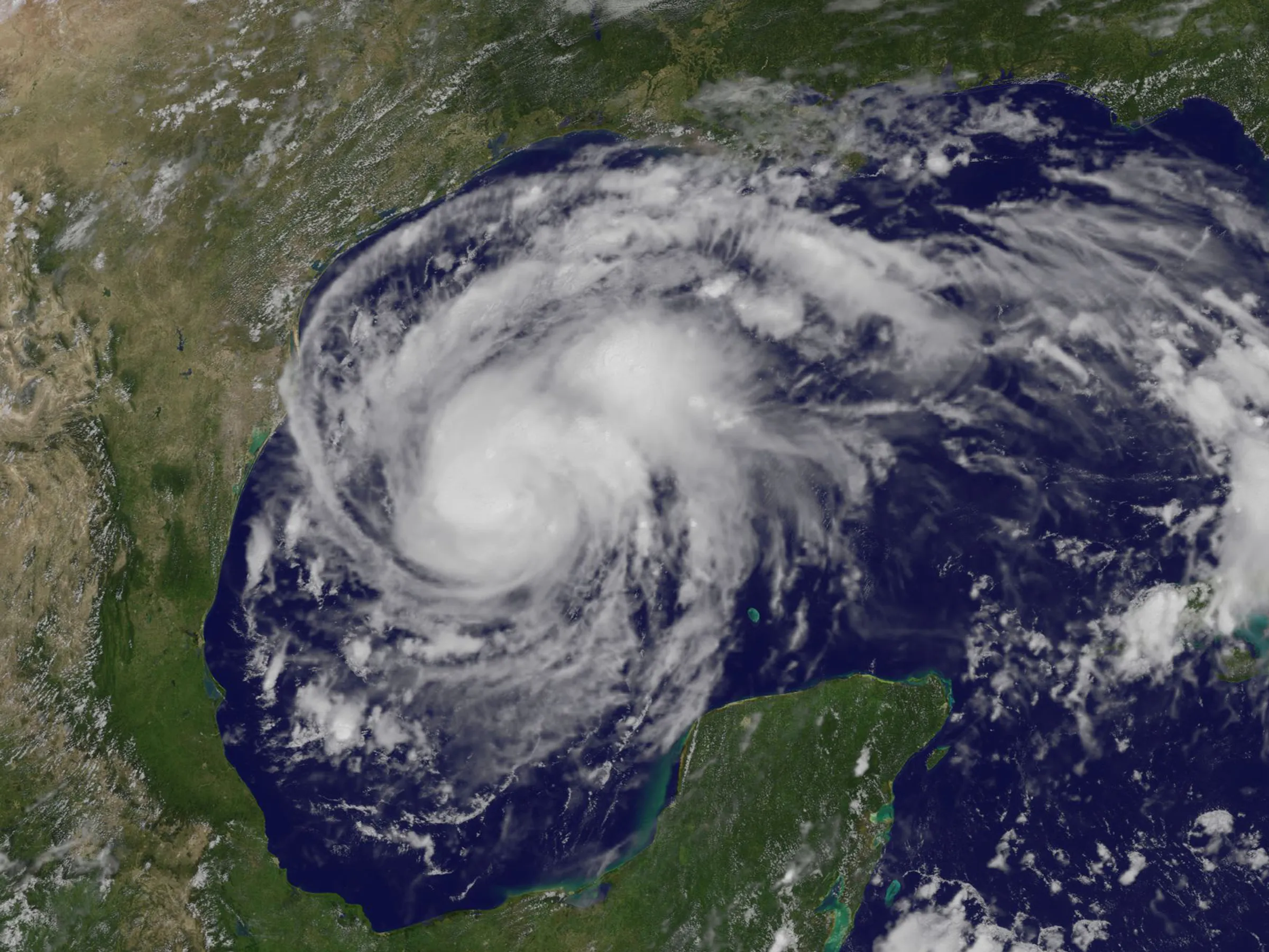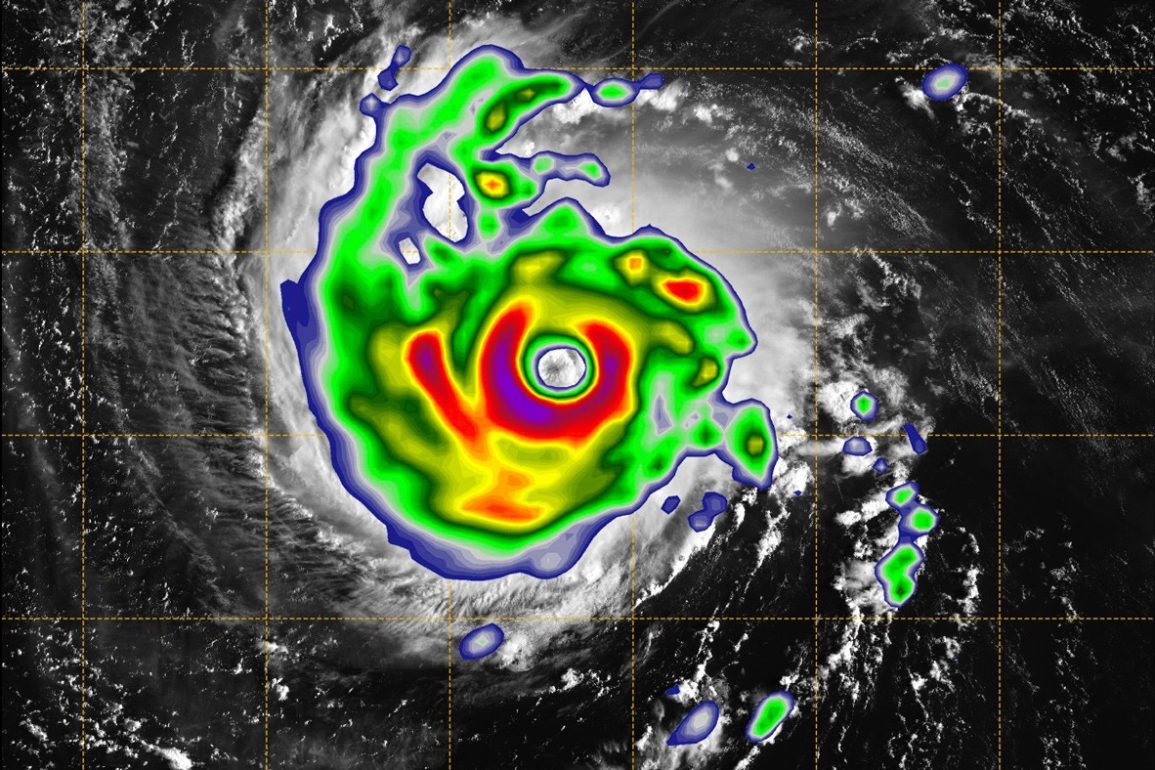Discussing the weather has historically been a politically neutral topic, often serving as an easy conversation starter. However, as climate change increasingly affects weather patterns, conversations around these events have shifted into a politically charged arena. Recent disasters, such as Hurricane Helene—which tragically claimed over 100 lives—underscore the urgent need to confront climate change as a pressing issue.
Meteorologist Glenn “The Hurricane” Schwartz provides valuable insights into how the discourse surrounding weather has evolved and stresses the importance of fostering constructive discussions about climate action.
Glenn Schwartz is a familiar figure in eastern Pennsylvania, known for his engaging weather forecasts and signature bowties. His nickname, “The Hurricane,” reflects his experience at the National Hurricane Center in the 1970s and his role as one of the first hurricane specialists on The Weather Channel.
With decades of experience in meteorology, Schwartz has witnessed firsthand the changing perceptions of extreme weather, particularly as awareness of global warming has grown.
In the early stages of his career, Schwartz noted that climate change was not a widely discussed topic. It wasn’t until around 2010 that conversations about global warming gained momentum, despite earlier warnings from scientists like James Hansen and Al Gore.

Events like the severe winter of 2009-2010 prompted the public to reconsider the implications of shifting climate patterns, even if they initially did not connect these changes to global warming.
As climate change has progressed, Schwartz has observed significant alterations in weather patterns, especially an increase in extreme events like heavy rainfall and intense storms. These changes raise concerns due to their potential dangers.
Schwartz has adapted his forecasting methods over the years, incorporating the heightened moisture in the atmosphere that leads to more severe storms and precipitation. While average climate predictions have remained largely accurate, the increase in extreme weather occurrences has outpaced previous expectations, indicating an urgent need for awareness.
Schwartz emphasizes that extreme weather events are the most impactful for public memory and understanding. These events are memorable and often lead to significant consequences.
The acceleration of climate-related phenomena, such as rising sea levels and intensified storms, highlights the urgency of recognizing the climate crisis. Schwartz has noticed a significant shift in the language used in climate reports, with an increased sense of urgency reflecting the growing body of evidence.
Despite the challenges of effectively communicating about climate change in a divided environment, Schwartz believes that focusing on scientific credibility can help bridge gaps between differing viewpoints.
He encourages individuals to prioritize scientific data over political narratives to foster discussions rooted in factual evidence. While some may resist changing their views, Schwartz maintains that emphasizing the long-term consequences of climate change could influence perspectives and promote more informed conversations.
Schwartz urges people to think about the legacy they will leave for future generations. He poses a challenging question about the certainty of climate change deniers, asking whether it’s worth risking their children’s and grandchildren’s futures.
Using analogies like car accidents and homeowner’s insurance, he advocates for taking precautionary measures against the impacts of climate change, stressing that while the chances may seem low, the potential consequences are significant.
Ultimately, Schwartz highlights the difference between being alarmed and being alarmist about climate change. It is essential to recognize the seriousness of the situation while also believing that there are actionable steps that can be taken to mitigate its effects.
Schwartz’s insights serve as a reminder that addressing climate change is not just an environmental issue but a moral imperative for the well-being of future generations.

